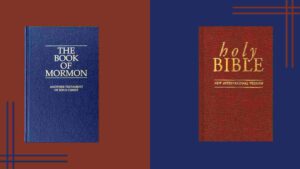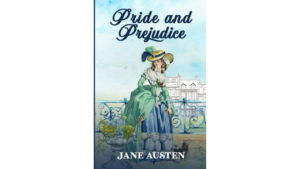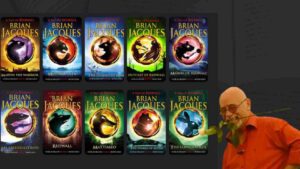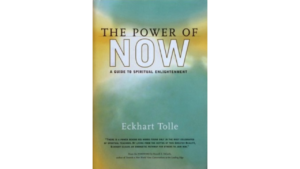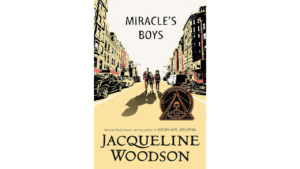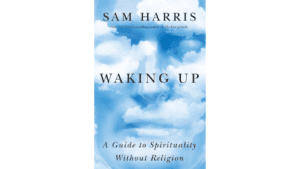Native American culture is rich with wisdom, traditions, and stories that readers may find engaging. Nonfiction literature allows readers to gain more insights into Indigenous knowledge while enjoying captivating narratives written from many points of view.
Moreover, memoirs and histories provide invaluable knowledge of spirituality and lifestyle for Native people worldwide. We present 10 fascinating Native American nonfiction books.
About Nonfiction Books
Nonfiction literature’s power lies in revealing truths, challenging assumptions, and broadening perspectives. Readers who experience nonfiction books gain the chance to understand and interact with different viewpoints through carefully researched narratives, critical analyses, or personal accounts of people from diverse backgrounds.
Genre novels cover an expansive spectrum of subjects and styles – from science and history to memoirs and cultural commentary – providing readers with invaluable knowledge and wisdom. Nonfiction plays an integral part of Native American literature, amplifying Indigenous voices while upholding culture and providing political and social solutions.
List of the Best Native American Non Fiction Books
1. “Braiding Sweetgrass” by Robin Wall Kimmerer

Robin Wall Kimmerer is a citizen of the Potawatomi Nation who weaves Indigenous wisdom with scientific understanding to examine our relationship with nature. Kimmerer draws upon personal experiences and eco-insights gained during her travels abroad to offer readers a reciprocal viewpoint. Also, it encourages readers to renew their reverence for nature by exploring an “Honorable Harvest.”
2. “The Heartbeat of Wounded Knee” by David Treuer
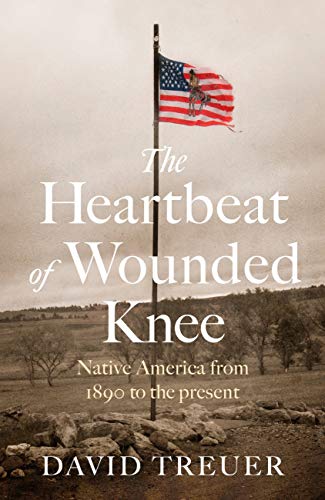
David Treuer is an Ojibwe historian and author who provides a thorough yet essential account of Native American History from the Wounded Knee Massacre through today. Treuer challenges dominant narratives about Indigenous Americans by emphasizing resilience, cultural renewal, and struggles for justice and sovereignty as core themes in their experience. Through meticulous research coupled with a powerful storytelling style, reframe history to reveal an accurate representation of the Native American experience.
3. “Custer Died for Your Sins” by Vine Deloria
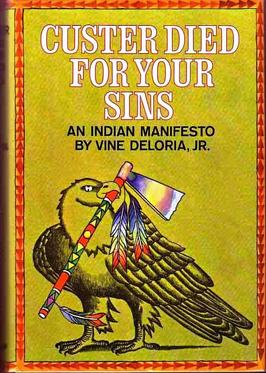
Vine Deloria Jr’s groundbreaking work first appeared in 1969 and remains a compelling critique of U.S. Government policies and mainstream perceptions of Native Americans. Deloria himself hails from the Standing Rock Sioux tradition. Her essays combine humor, insight, activism, and cultural renewal calls in support of Indigenous self-determination and cultural renewal as she fights stereotypes with insightful essays to advocate for Indigenous sovereignty and independence.
4. “The Round House” by Louise Erdrich

Louise Erdrich is an Indigenous American author from Turtle Mountain Band of Chippewa Indians who weaves an engaging narrative on trauma, justice, and family relationships in The Round House (set on a North Dakota Reservation), about one boy’s quest to confront and understand violence done to his mother by others and sheds light on contemporary life for Indigenous Americans.
Erdrich’s vibrant characters highlight interactions between resilience and despair as well as tradition and modernity – providing another insight into her multidimensional characters’ worlds of resilience versus despair as seen through Indigenous perspectives on Indigenous American lives today!
5. “The Inconvenient Indian” by Thomas King
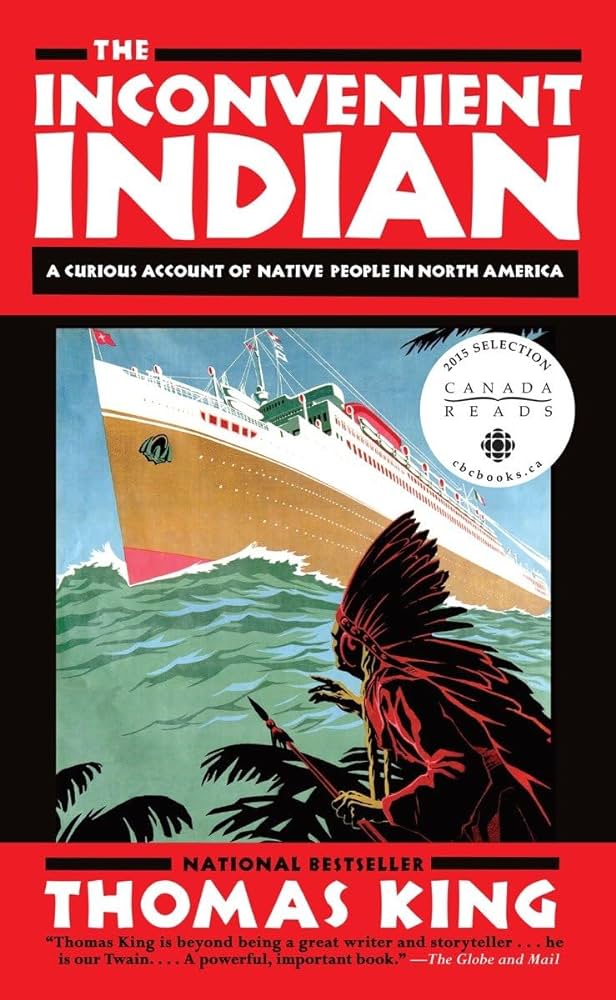
Thomas King offers an engaging, provocative examination of Native American identity and history that challenges myths and stereotypes while providing a humorous critique of cultural appropriation and colonialism. King uses personal reflection and analysis combined with historical knowledge to force readers to reconsider how they understand Indigenous experience.
His wittiness and intelligence help him successfully negotiate the complexity of Indigenous identities, forcing readers to confront brutal truths related to North America’s colonial past and present.
6. “Where White Men Fear To Tread” by Russell Means
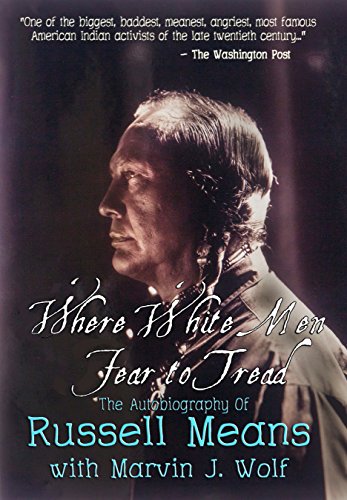
Russell Means is an esteemed Oglala Lakota actor and activist, sharing his journey as an integral member of the American Indian Movement. With candid reflections coupled with passionate advocacy that illuminates Indigenous rights struggles from the Wounded Knee occupation through to confrontations with federal authorities, he provides readers with an engaging story of resilience and resistance that inspires readers to continue the fight for justice.
7. “History of Indigenous People in the United States” by Roxanne D. Ortiz
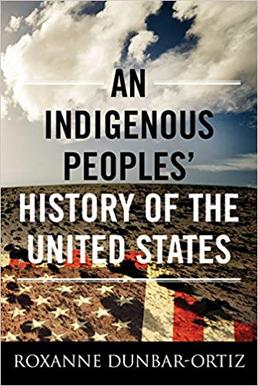
Roxanne Dunbar Ortiz offers an engaging interpretation of U.S. History through Indigenous resilience and resistance, which sheds light on colonialism’s impact on Native American communities. She challenges conventional narratives while emphasizing struggles for justice and sovereignty among Indigenous groups.
Dunbar-Ortiz’s meticulous research and insightful analyses shed light on Indigenous resistance. Her book provides a compelling alternative narrative that provides a powerful new perspective into mainstream accounts of history.
8. “Bury My Heart at Wounded Knee” by Dee Brown

Dee Brown’s work stands as an iconic account of Native American tribes’ systematic violence and dispossession during the nineteenth century. Brown’s carefully researched stories memorialize tragic events that changed America’s West while honoring Indigenous people’s resilience and spirit. She brings these characters vividly to life to demonstrate their strength and dignity.
9. “The Apache Wars” by Paul Andrew Hutton
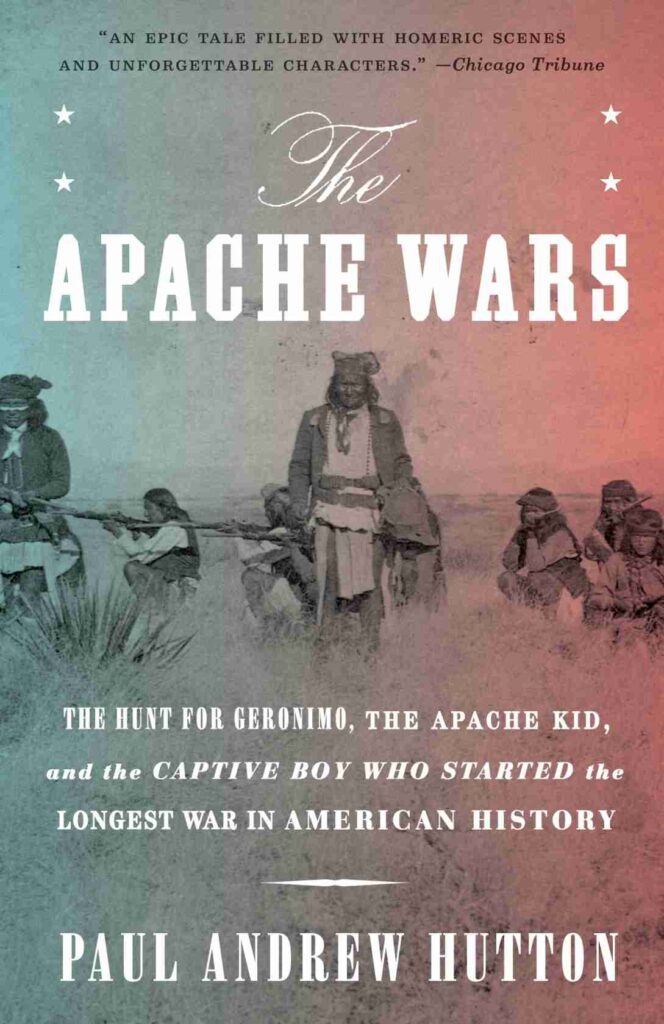
Paul Andrew Hutton provides an engaging narrative account of the turbulent and complex history of the Apache Wars, delving deep into critical figures like Geronimo, Apache Kid, and other figures important for understanding this chapter of American history. Hutton captures both the tragedy and drama of this period while providing an extensive research approach that gives a complete view.
10. “Neither Wolf Nor Dog” by Kent Nerburn
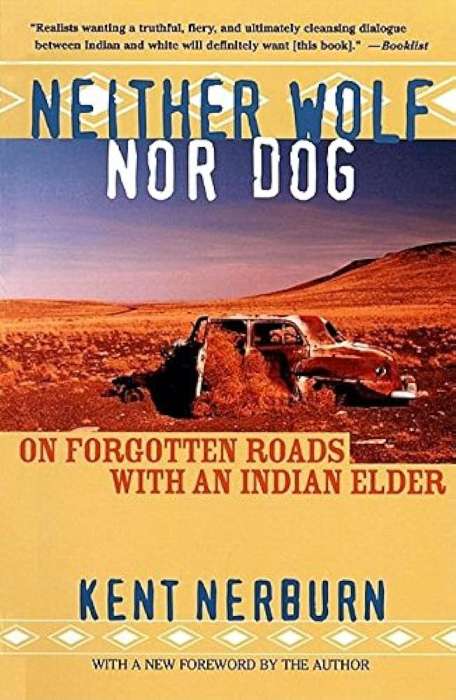
Kent Nerburn’s journey with an elder Lakota provides valuable insights into Native American wisdom and spirituality. Through conversations with this Pine Ridge Reservation elder and experiences at that location, Nerburn begins to confront and comprehend truths inherent in Indigenous teachings he finds fascinating. With humility and respect towards his elder’s wisdom – Nerburn takes readers on a fantastic voyage of cultural awareness while self-discovery.
Final Verdict
These Native American nonfiction books present readers with various experiences and perspectives, encouraging them to discover the richness and complexity of Indigenous cultures. From memoirs to historical analyses, these works serve readers who wish to gain a greater understanding of Native American spirituality and life – offering more inclusive dialogue about past, current, and future events concerning their communities.



